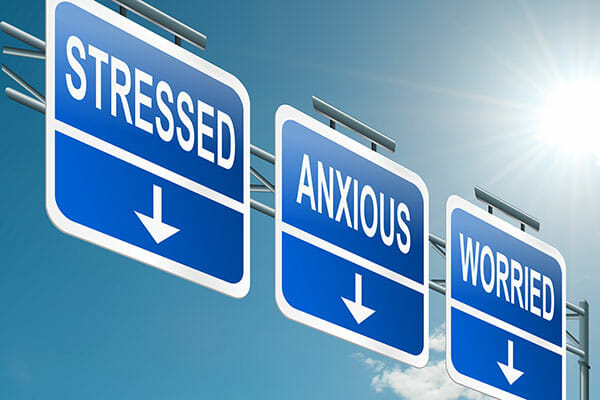These are difficult times in New York City, the epi-center of COVID-19 in the United States, and around the world.

The Coronavirus illness and loss of family members, friends and colleagues, changes in work and living routines, social distancing, and isolation contribute to our constant feelings of helplessness, anxiety and fear.
Everyone experiences some anxiety, but for some people anxiety can be so frequent and so intense that it can seriously interfere with social functioning, quality of life and focus.
How Psychotherapy Can Help Alleviate the Anxiety You Are Feeling as a Result of the Pandemic
Psychotherapy educates people about the origins, causes and symptoms of anxiety. It also teaches cognitive concrete skills to manage anxiety. It offers support and strategies so that you can reduce fear. You can also learn to tolerate anxiety, allowing you to function through it. Therapy also teaches habits to improve general mental health.
Five Psychotherapy Techniques to Help Address Anxiety and Fear
1. Meditation. I can teach you various mind focusing and breathing exercises to address attention and relaxation.
2.Identifying and exploring triggers that cause anxiety and fear.
3. Identifying common habits that increase our anxiety such as negative predictions. Negative predictions are not based on facts we know. They instead try to predict the future. Negative predictions are something we all do. We flood ourselves with what could go wrong, worrying about possible bad results. Most people assume that worry helps us. Worry does sometimes help us to set up a plan for action, but more frequently it is the result of habitual thinking that freezes us or makes us worry more. There is research that shows that worrying does not eliminate disappointment or change actual outcomes.
4. Learning strategies to set boundaries with certain people who are anxious or difficult for us. Personal boundaries protect us and teach people who we are. They are based on our beliefs, feelings and needs. With practice setting boundaries will help you feel safer and more relaxed. Some signs that your boundaries need adjustment are: a) Feeling unable to say no, b) Feeling responsible for others, c) Concerned what others think to the point of dismissing your own thoughts, and d) Not knowing what you want or need.
5. Additional tools to reduce stress include exercise. Walking or strenuous exercise will release endorphins in the body that lessen tension and anxiety. Keep in mind that there are also many other kinds of activities to reduce your stress.
Why Psychotherapy is an Effective Technique to Help Alleviate Anxiety
Psychotherapy is a very helpful tool for addressing anxiety because it treats not just the symptoms but helps you understand the causes and consequences of your worries and fears. Most importantly, psychotherapy offers a safe and confidential space to explore strategies and tools that build self-esteem and confidence. Anxiety disorders are very treatable and many patients notice improvements after just a few sessions.


